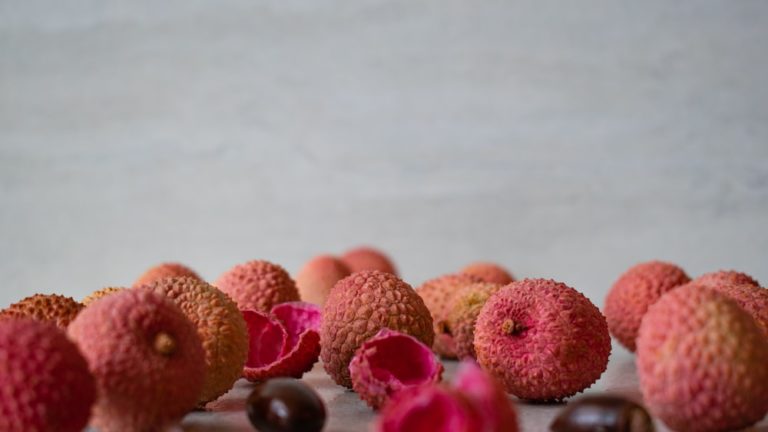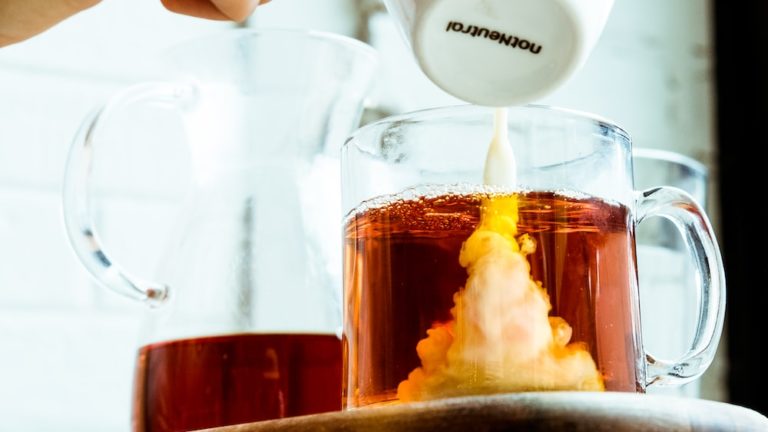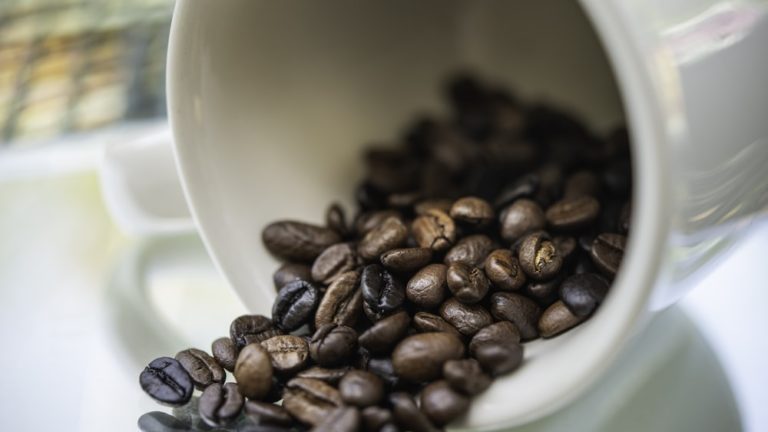Green Tea For Anxiety: Unlock Relaxation And Reduce Stress
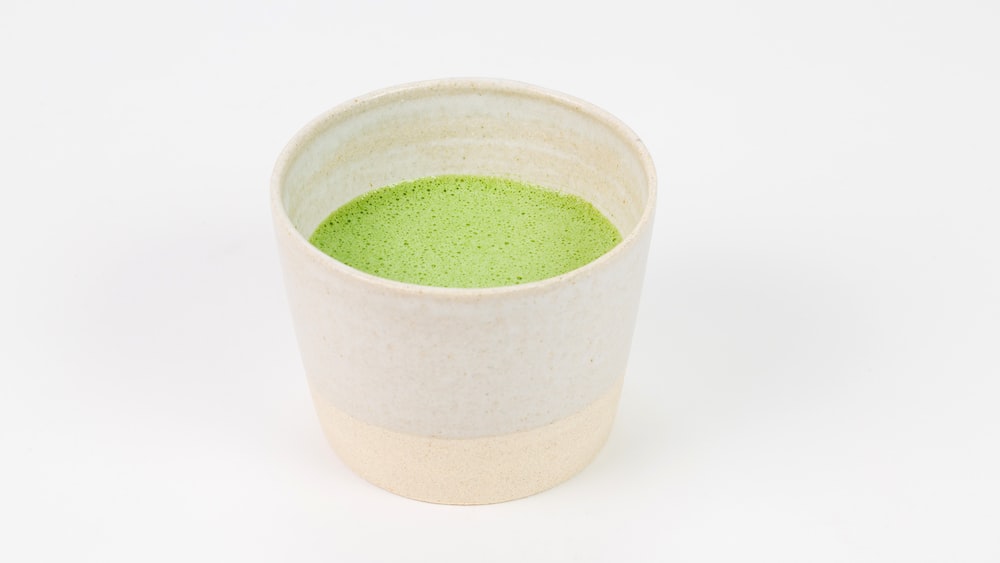
Green Tea For Anxiety: Unlock Relaxation And Reduce Stress
Hello tea enthusiasts and wellness warriors, today, I have something extremely special in store for you. Now, imagine a steaming mug of green tea sitting in front of you. The bewitching aroma filling your senses, the warmth radiating a sense of calm. Is it not just a cup of tea but a well-orchestrated symphony being conducted at your taste buds’ concert hall? You’re going to absolutely Twitch your nostrils like a curious bunny snagging a whiff of a fresh bunch of carrots. So, let’s dive into the fascinating world of tea and its hidden hero – L-theanine.
In this roller coaster of life, we all experience moments of stress and anxiety. Breathtaking as a roller coaster ride can be, there are times we’d rather just sit on the Ferris wheel, slow, calm and serene. What if I told you green tea can be your personal Ferris wheel amidst life’s whirlwinds?
Understanding Anxiety and Its Causes
Anxiety, my friends, is not just your cat running frantically upon hearing a monstrous vacuum cleaner. It’s much subtler, and paradoxically, a lot more thunderous in human lives.
What is Anxiety?
Remember those fluttering butterflies you felt before your first piano recital or the way your heart raced like a wild horse the night before your big job interview? That’s anxiety, peeps. Anxiety is a normal and often healthy emotion, a wave that occasionally swells in the vast ocean of human emotion. But when these waves turn into a tsunami, constantly crashing, hindering our daily life, then we have what the white-coats call an anxiety disorder.
Running its course, anxiety can be incredibly debilitating, rendering individuals feeling helpless, akin to a turtle flipped on its shell, legs desperately quivering in the air. It’s a global issue that affects millions and it’s high time we had a good, firm grip on understanding it.
Anxiety is a normal and often healthy emotion, but when it becomes overwhelming and hinders our daily life, it can be classified as an anxiety disorder.
Common Causes of Anxiety
Interestingly, there is no one-size-fits-all reason for anxiety. It’s like making a fruit salad; several elements contribute to its ‘tasty’ or not so tasty outcome. The causes of anxiety can include everything from genetic factors to environmental exposures. You know, like inheriting your mom’s beautiful blue eyes or your dad’s incredible ability to burn toast every. single. time.
However, at times, anxiety can also be a by-product of your lifestyle patterns. Staring into the digital abyss for hours, known as your laptop, or staying caffeinated like a bean, could precipitate anxious feelings. Experiencing traumatic events or heavy workloads can also serve as significant anxiety catalysts.
The Role of Green Tea in Anxiety Management
Now, you’re probably wondering: where does our green tea come in this anxiety saga? Let me assure you it’s not a mere extra, but rather, the protagonist!
The Composition of Green Tea
Freshly brewed green tea is more than just hot leaf juice, for those of you wondering. It’s a magical brew, packed with bioactive compounds. Think of it as a superhero’s utility belt, brimming with tools. One of these tools? You guessed it, the MVP – L-theanine.
L-theanine, a unique amino acid found in tea leaves, is the melodious harp gently playing the symphony in your neurological orchestra, deemed for its relaxation effects. Not to forget the catechins, potent antioxidants, a veritable army to fight against your oxidative stress villains.
How Green Tea Affects Anxiety
Buckle up as we ride the biochemical carousel. As we sip our green tea, this debonair Mr. L-theanine arrives in our brains, knocks at the doors of our neurotransmitters, and creates waves of calmness. Hyper brains can now take the much-needed chill pill.
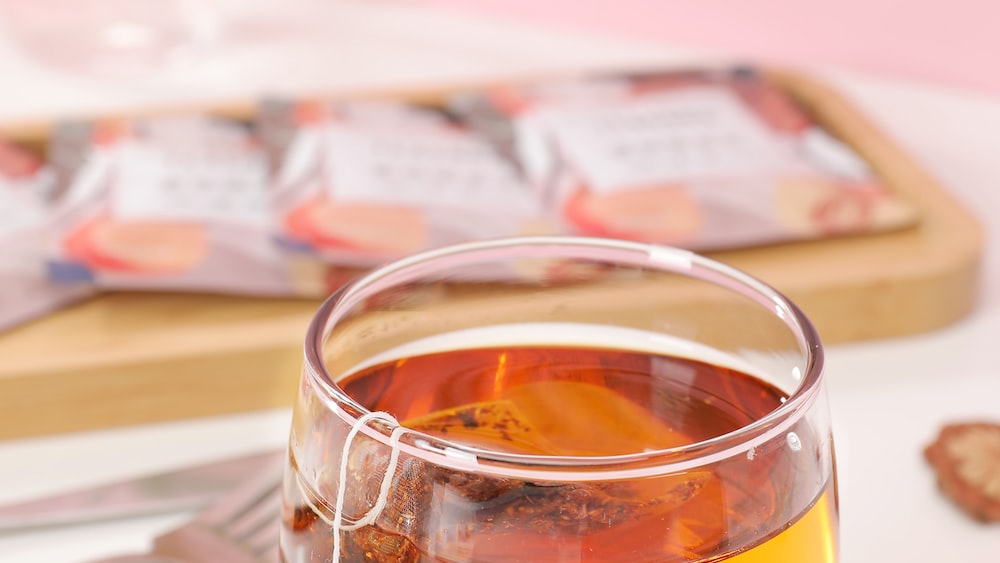
Not only does it help us unwind, but it also boosts concentration. Truly, like a sage master at work, providing you inner peace yet sharpening your focus. It’s like you’re on a serene boat gently cruising down the river of tranquility, all the while having your eagle-eye on the anxious crocodiles lurking beneath.
The Science Behind Green Tea’s Anxiety-Reducing Properties
Now, you might jokingly call me a tea-witch brewing potions. Behind every successful witch, there’s solid science, isn’t there? So, let’s peek into what scientific cauldron has to say about our magical green tea.
L-Theanine: A Natural Relaxant and Anti-Stress Agent in Green Tea
L-theanine, my teacup comrades, wears quite a few hats. An amino acid, a neurotransmitter modulator, a relaxation-inducer, and surprisingly, a caffeine-neutralizer.
Studies suggest that L-theanine can assist in the production of calming brain chemicals, like a thoughtful gardener nurturing the growth of serenity flowers amidst the wild thorns of stress. Meanwhile, it also limits the anxiety-provoking ones. Imagine an ingenious bouncer at your favorite club, allowing the good vibes in while keeping the troublemakers out.
In tandem with caffeine, typically seen as a jazzed-up, hyperactive partygoer, L-theanine plays the role of a composed chaperone. It gently regulates the stimulatory effects of caffeine in our body, ensuring we experience the kick, not the chaos.
The Effects of Caffeine in Green Tea on Anxiety
Hold that teapot! Before you get all jittery about the thought of caffeine, let me tell you, the caffeine found in green tea is like that unexpected dinner guest who shows up all giddy, but instead of causing a ruckus, decides to play host and keep everyone calm and entertained. Studies have shown that the effects of caffeine in green tea on anxiety are considerably different from that of coffee. Because green tea also contains the amino acid, L-theanine, which promotes focus and relaxation, the caffeine works subtly to keep you alert without making your nerves stage a rebellion, a most delightful combination, isn’t it?
The caffeine in green tea serves to increase your mood and mental alertness, without the common jittery after-effects associated with coffee. Just imagine it like being a DJ for your brain, gently raising the volume of your focus while, simultaneously, lowering the base on your anxiety. In many ways, it’s the perfect drink to keep you on your toes without making you feel like you’re about to tap dance on a tightrope.
The Benefits of Matcha Green Tea for Anxiety
Who knew that ‘Zen’ could be served in a cup, right? Unlock the door to tranquility and serenity with Matcha Green Tea, widely known for its calming effects. Drinking Matcha provides similar benefits to meditation by increasing alpha waves in the brain, which leads to mental relaxation. It’s not just tea, it’s a ticket to tranquility!
How Matcha Green Tea Reduces Anxiety
Now you might be wondering, how does Matcha Green Tea work its magic in reducing anxiety? Think of Matcha as a charming gallery guide in the museum of your mind. The stress and anxiety might be gigantic sculptures on display, but the gallery guide (Matcha Green Tea) helps divert your attention to the more comforting and calming art pieces.
One reason why Matcha Green Tea is exceptional for managing anxiety is due to its high levels of L-Theanine, an amino acid that promotes the production of alpha waves in your brain. These waves help to achieve a state of calm focus, like a mindful monk in meditation. Studies have shown that L-Theanine can help reduce physical and mental stress and boost mood. In fact, it has a significant impact on your mood and cognitive function!
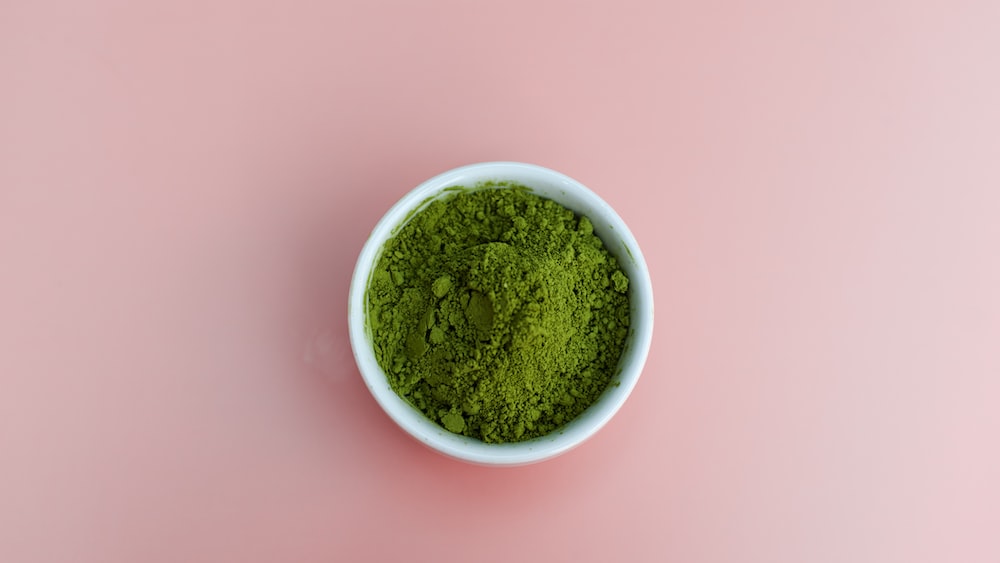
Matcha also contains an anti-stress compound known as EGCG (epigallocatechin gallate), which has been found to regulate the body’s hormonal stress responses. As a bonus, Matcha has higher amounts of EGCG compared to other green teas. Hence, if your mind is like a festival of thoughts, imagine Matcha as the headliner that harmonizes and mellows the crowd.
Matcha Green Tea reduces anxiety by promoting a state of calm focus through the production of alpha waves in the brain, thanks to its high levels of L-Theanine, and by regulating the body’s hormonal stress responses through the anti-stress compound EGCG.
The Nutrient Composition of Matcha Green Tea
Diving into the nutrient composition of Matcha Green Tea, one might easily compare it to a treasure chest, filled with shiny and valuable stuff, but instead of gold and precious stones, it is rich in antioxidants, amino acids, vitamins, and fiber!
First off, Matcha is like walking into nature’s pharmacy – it’s packed with versatile antioxidants like catechins, specifically, EGCG. These antioxidants wage a constant war against oxidative stress, which is often the bad guy in various health conditions including anxiety disorders.
Armed with a high concentration of the amino acid, L-Theanine, Matcha Green Tea is like a gentle yoga class for your anxious mind. L-Theanine promotes the production of brain waves known for fostering relaxation without sedation. To add to this, Matcha is also a source of vitamins A, C, E, K, and B-Complex, along with trace amounts of other health-supporting minerals.
Hands up if you want a detox! Did you know that Matcha’s rich chlorophyll content not only gives it it’s vibrant green color, but also serves as a powerful detoxifier? Now you do!
Practical Tips for Using Green Tea to Reduce Anxiety
So, how about we put all this tea talk into practice? Here are some practical tips to incorporate Green Tea into your anxiety management routine. It’s time to transition from Tea 101 into ‘The Art of Tea Drinking.’
How to Incorporate Green Tea into Your Daily Routine
Incorporating green tea into your daily routine can be as effortless and gratifying as immersing yourself in your favorite song. Here are three simple ways to brew up your Zen!
Firstly, with Green Tea, you now have the perfect substitute for your morning coffee. A warm cup of brewed green tea would not only shake off the drowsiness but also ensure you begin your day on a calm note.
Secondly, feel free to sip green tea a couple of times during the day, especially during breaks or stressful moments. Don’t worry, you won’t transform into a tea drinking caterpillar like the one from ‘Alice in Wonderland’!
Lastly, consuming green tea an hour or two prior to bedtime can also help achieve a better quality of sleep. Remember the gallery guide (Matcha)? Now, it’s playing the role of a lullaby singer to lull you into peaceful slumber.
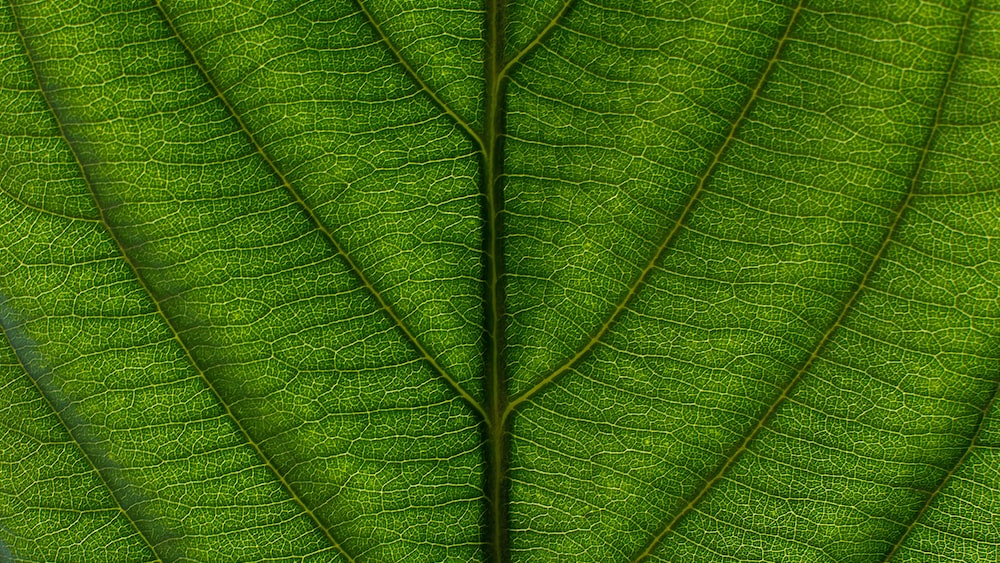
Choosing the Right Green Tea for Anxiety Management
Choosing the right green tea for anxiety management is like finding a soulmate. It takes patience, lots of sipping and well, a bit of research, but the benefits are worth it!
First things first. Whether you choose Matcha, Sencha, Gyokuro, Hojicha or any other variant of green tea, the trick is to find a high-quality, non-GMO, preferably organic product to get the maximum health benefits. Treat this search like finding out your perfect karaoke song.
Secondly, if you lean more towards convenience, tea bags or instant tea might work wonders. But if mindfulness is your game, then loose tea leaves or powdered Matcha, prepared traditionally, is the way to go. Find the one that harmonizes well with your lifestyle and taste and remember, it’s the journey towards it that matters, not just the destination, even if the destination is as delectable as a cup of green tea!
Other Teas That Can Help with Anxiety
Let’s expand our tea horizons! While green tea rightfully steals the limelight, there are other infusions out there, waiting to be brewed and sipped, which hold notable benefits for easing anxiety. Hang onto your teacups folks, as our tea-tasting train embarks on its journey to exploration!
Chamomile Tea for Anxiety
Ever been exhausted and frazzled, but unable to drift off into a peaceful slumber? Well, here’s where Chamomile Tea stages its grand entrance! Chamomile, a herbal titan in the world of teas, is like that calming friend who always knows just what to say to ease your worries. A study in 2016 discovered that long-term usage of chamomile significantly reduced moderate-to-severe symptoms of generalized anxiety disorder (GAD). Now, that’s a reassuring partner for your anxiety-battling journey!
With its gentle, floral fragrance, sipping chamomile tea feels like inhaling a field of daisies – only therapeutic. The magic lies in its unique compounds – apigenin and luteolin. Both these gemstones are believed to foster a relaxing effect by acting on GABA receptors in the brain. Simply put, it triggers a similar response to drugs like Xanax and Valium – without the side effects!
Peppermint Tea for Anxiety
Hoist your sails, because we’re sailing across to our next port of call – the minty lands of Peppermint Tea. Ever noticed how chewing a peppermint gum makes you feel less frazzled in an anxiety-inducing situation? Peppermint tea is that refreshing gum on a steroids-boost! It performs a similar calming act, by cooling down your nervous system, and reducing inflammation which often accompanies stress.
Peppermint tea is like the lifeboat that keeps you afloat in a sea of anxious thoughts. During a study conducted by the University of Cincinnati, participants reported significant improvements in their mood and cognitive abilities following the aroma of peppermint oil. The refreshing scent reduces feelings of fatigue or depression, improving your overall outlook. Now that sounds better than constantly sinking in the tumultuous waves of anxiety, don’t you think?
Not only is this heavenly elixir a knight in shining armor for your anxiety, but it also goes the extra mile for your digestive health. History has it that the Ancient Greeks used peppermint leaves for digestive disorders. Fast forward to today, and you’ve got the perfect blend for your nervous and digestive systems!
FAQs
1. How Much Green Tea Should I Drink to Reduce Anxiety?
When it comes to quelling anxiety, the quantity of green tea consumed can make a difference. For most people, drinking 2-3 cups of green tea per day can be beneficial. This provides enough L-theanine, the calming agent in green tea, without causing an excessive intake of caffeine, which can have a counter effect.
2. Can I Use Green Tea Extracts for Anxiety?
Surely, green tea extracts can be used for anxiety. These are highly concentrated and are especially useful if you’re not a big fan of sipping tea. However, bear in mind extracts might pack a punch with caffeine. Therefore, following recommended dosages and seeking a healthcare provider’s advice is crucial.
3. Is Matcha Better than Regular Green Tea for Anxiety?
Yes, in terms of anxiety management, Matcha can indeed be superior to regular green tea. This is mainly due to its richer L-theanine content. Matcha also contains a unique class of antioxidants, catechins, which can positively impact mental well-being.
4. Are There Any Side Effects of Drinking Green Tea for Anxiety?
Along with its benefits, green tea for anxiety does come with potential side effects. The most common is caffeine-related, which might include restlessness or insomnia. To avoid this, try to stick to no more than 2-3 cups a day, and drink your last cup several hours before bedtime.
Conclusion
By the end of this tea journey, I hope you’ve realized there’s more to these cherubs in teacups than meets the eyes! These are not just aromatic delights that make your mornings refreshing, but also your loyal companions in the battle against anxiety. Each one carries its unique bag of tricks and chooses its own way to comfort and soothe those frazzled nerves.
Whether it’s the tranquilizing green tea, the peaceful chamomile, or the refreshing peppermint, the world of tea offers a variety of soldiers to aid in your fight against anxiety. No matter the tea type, drinking a warm cup ought to make you feel just a bit more relaxed. Whether you’re seeking an anxiety reliever or just a refreshing drink, savor each sip and drink in the joy, comfort, and tranquility they deliver.
Keep sipping, keep exploring, and remember, there’s a tea for every mood, every worry, and every joy. Here’s to more relaxed days, lesser frazzled nerves, and tea-ful of joy and tranquility. Until next time, stay calm, and keep brewing!
Your pal in the tea journey, Zoe.

